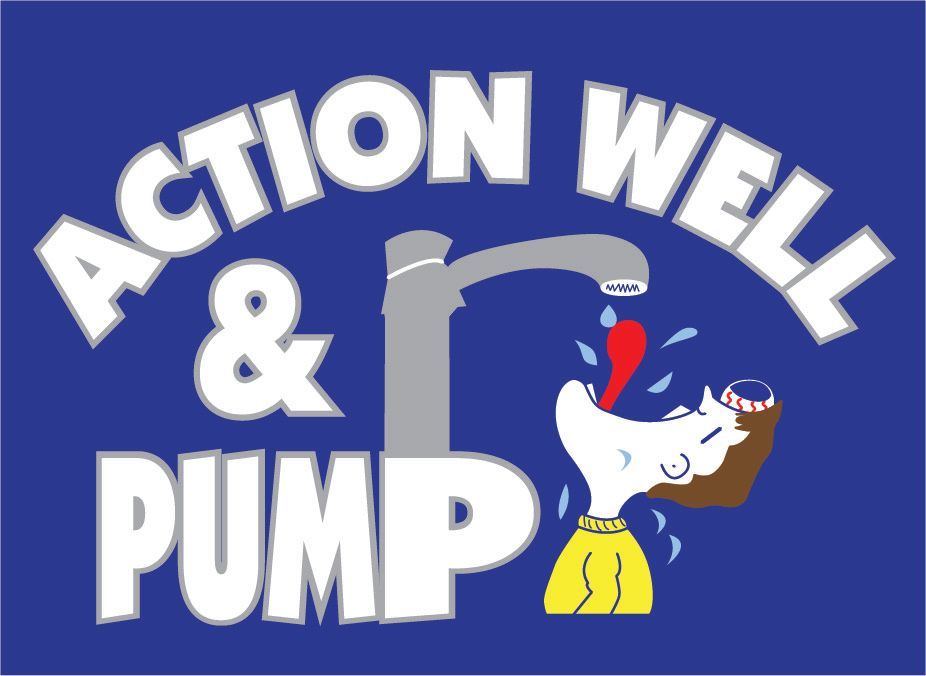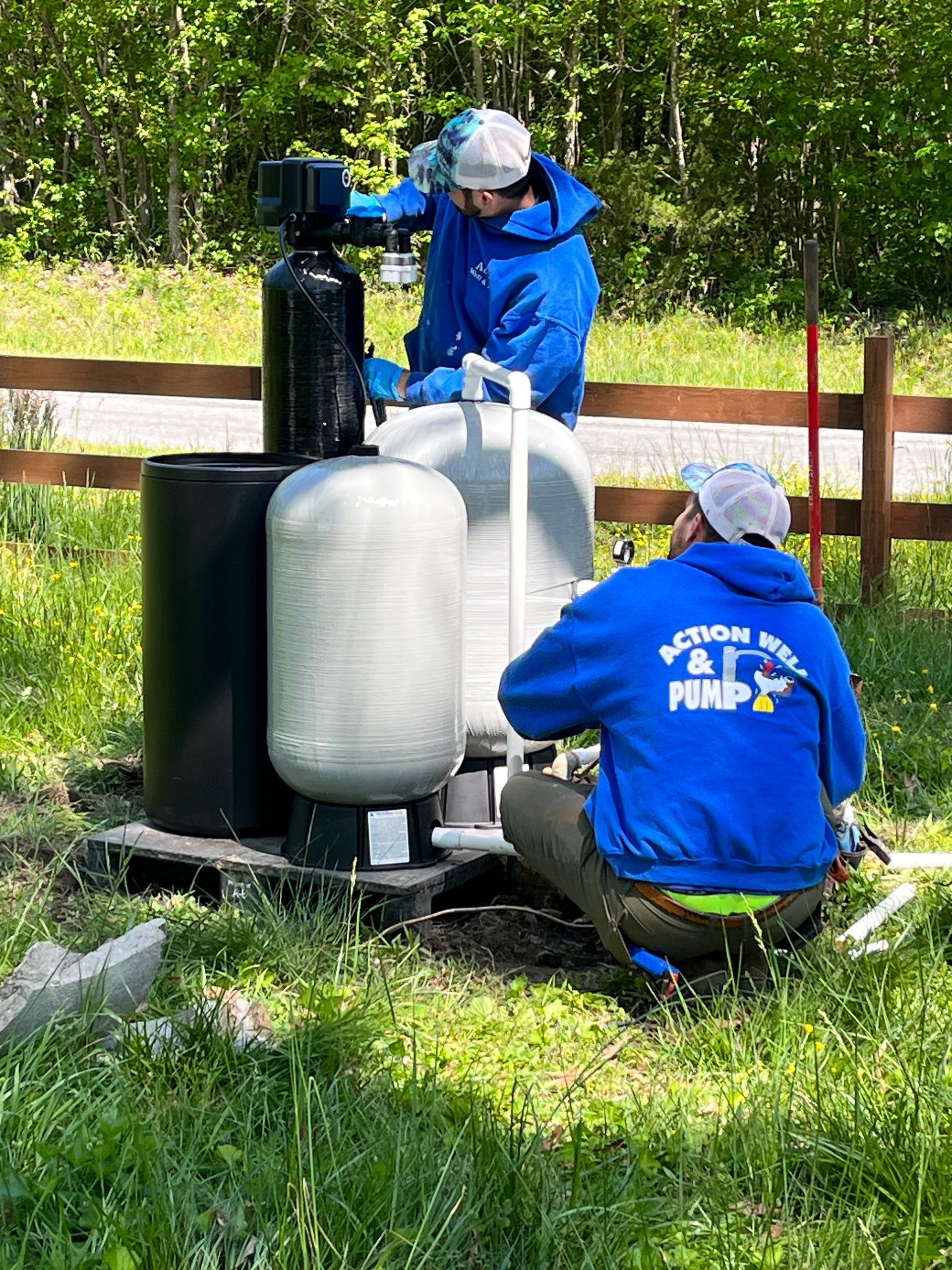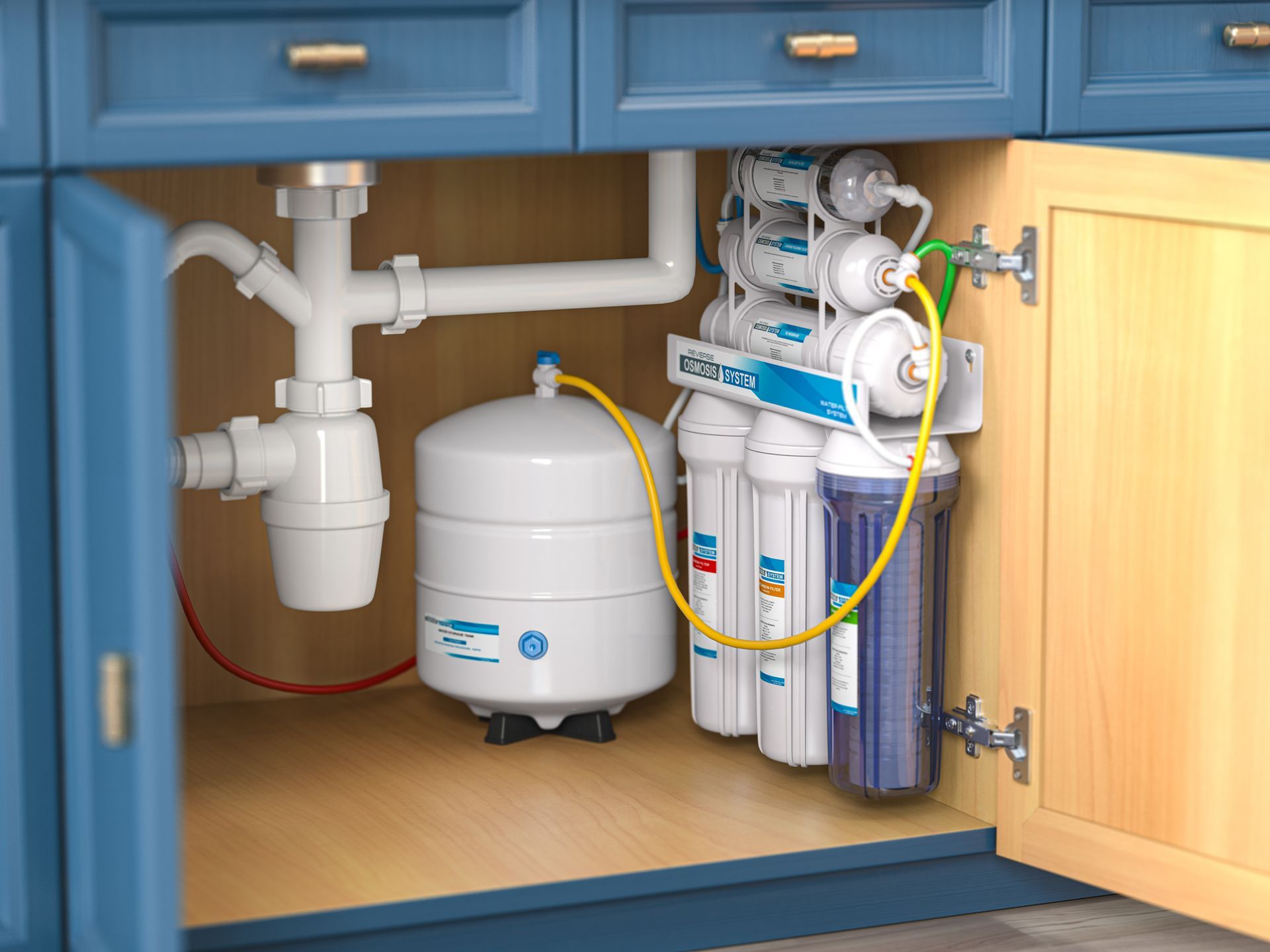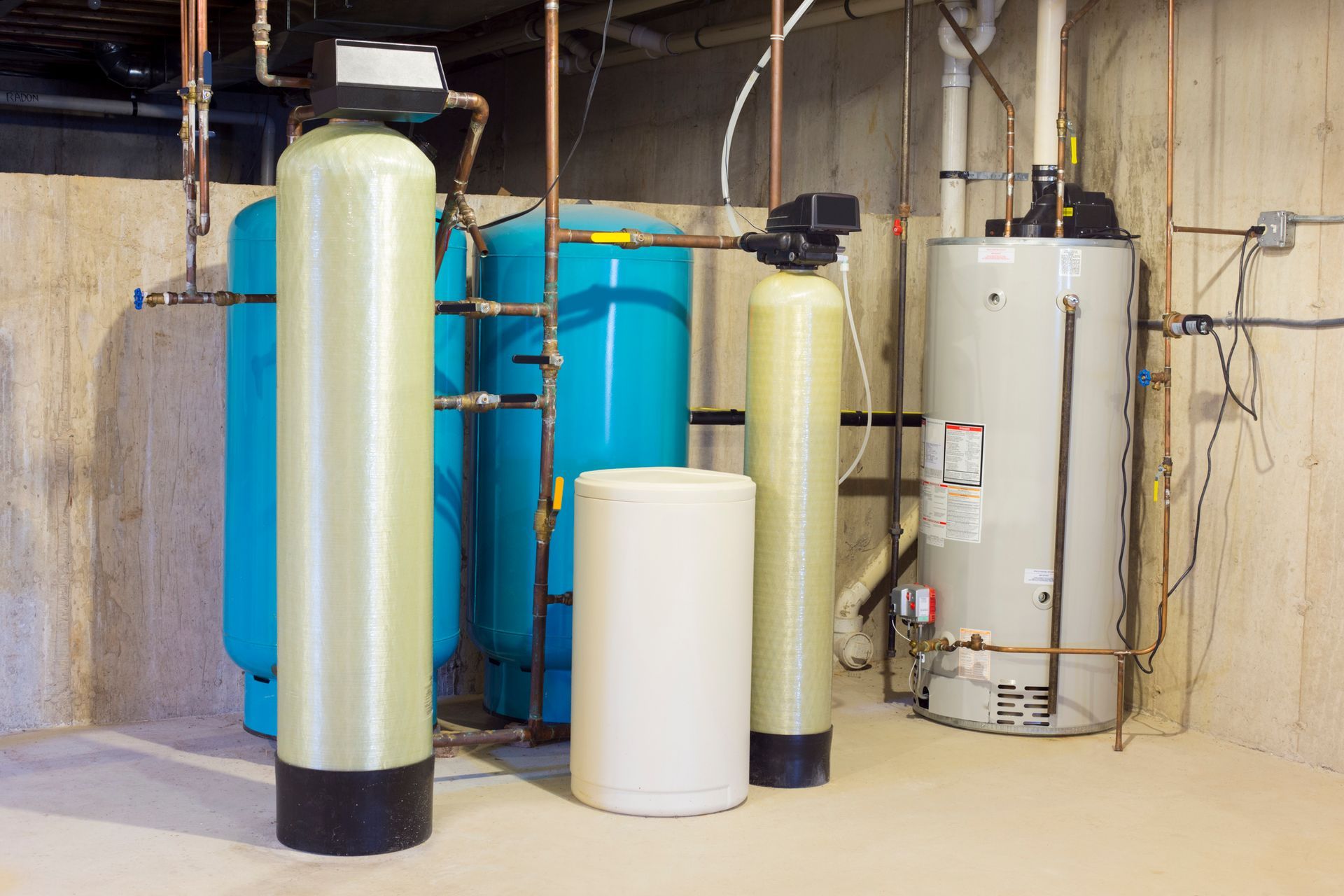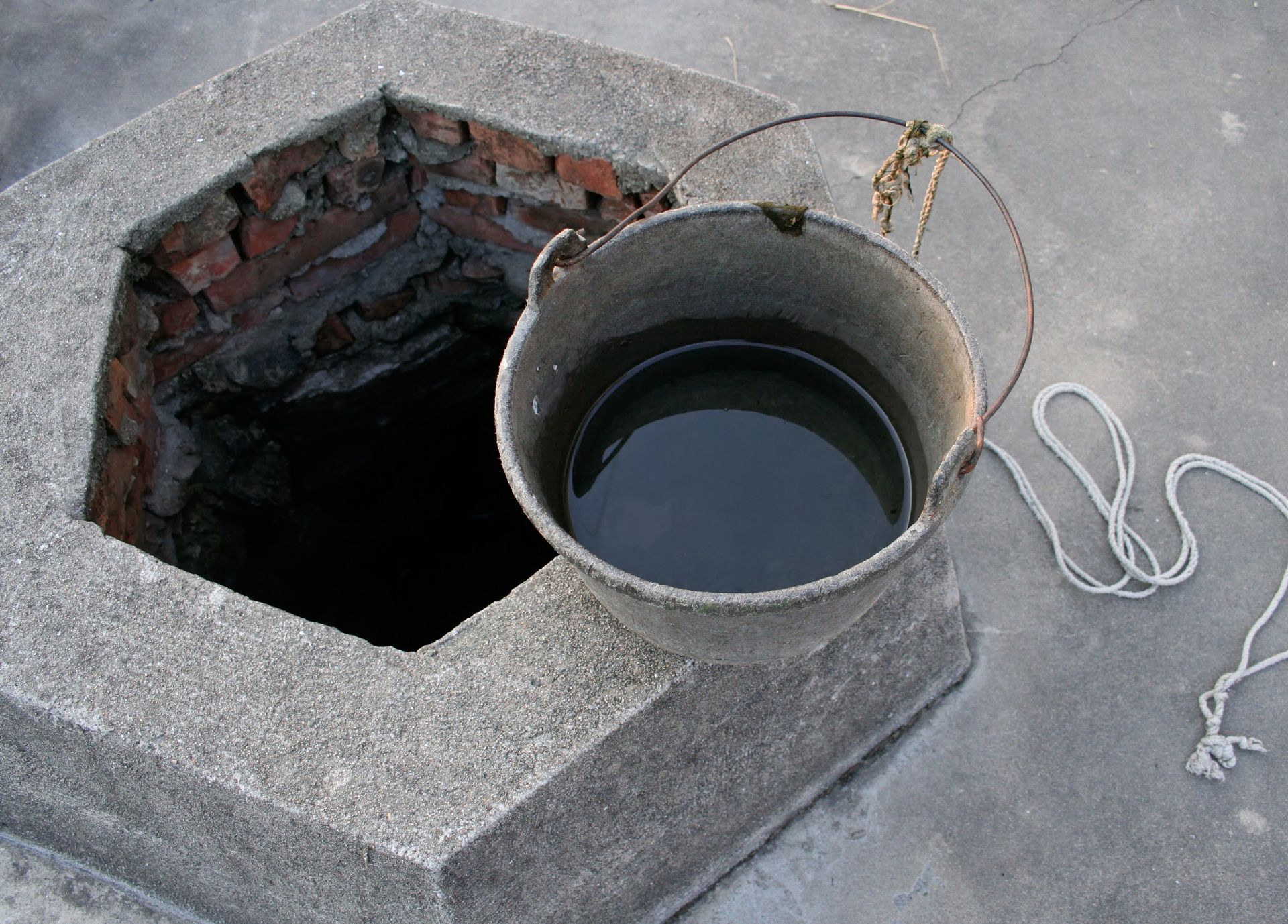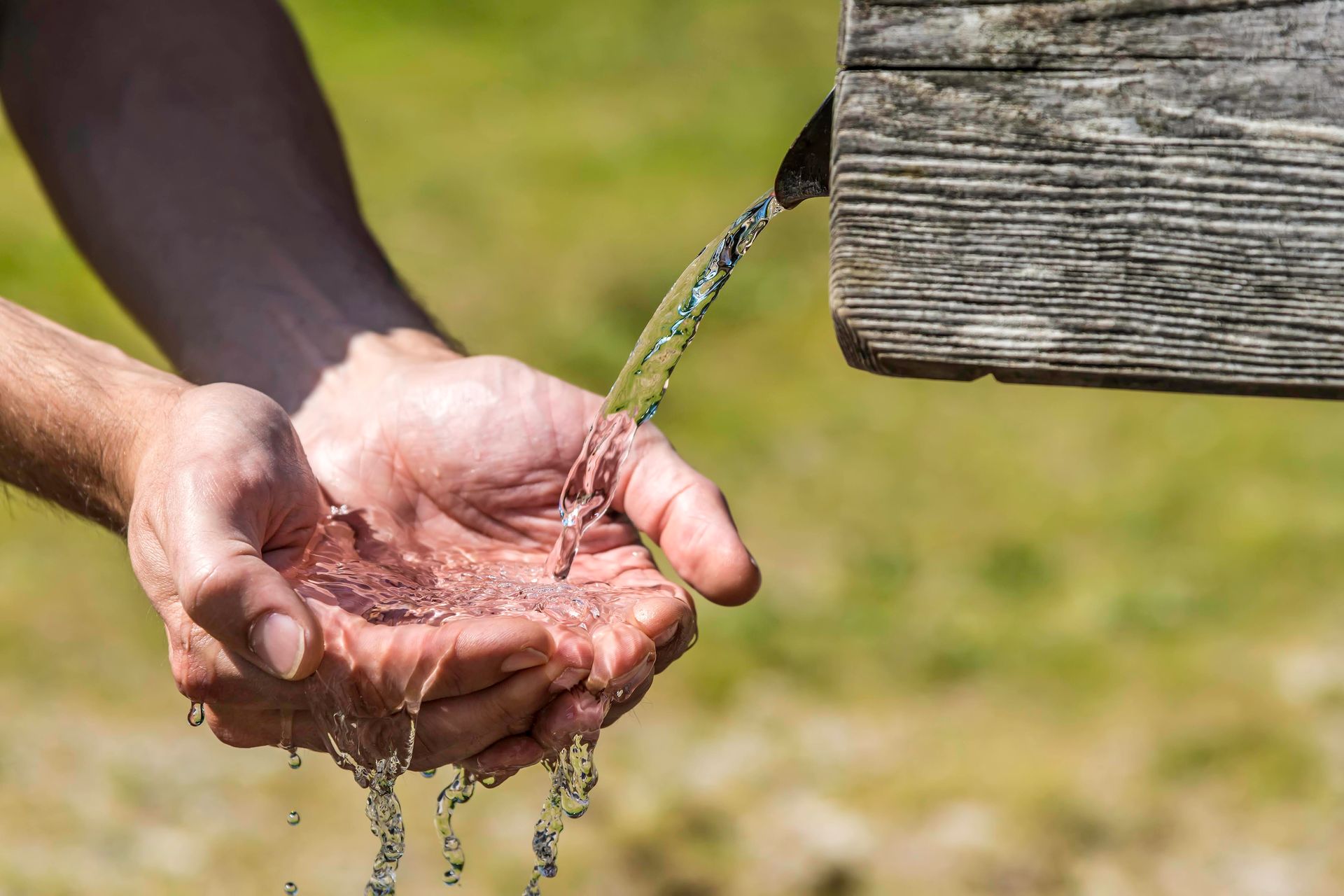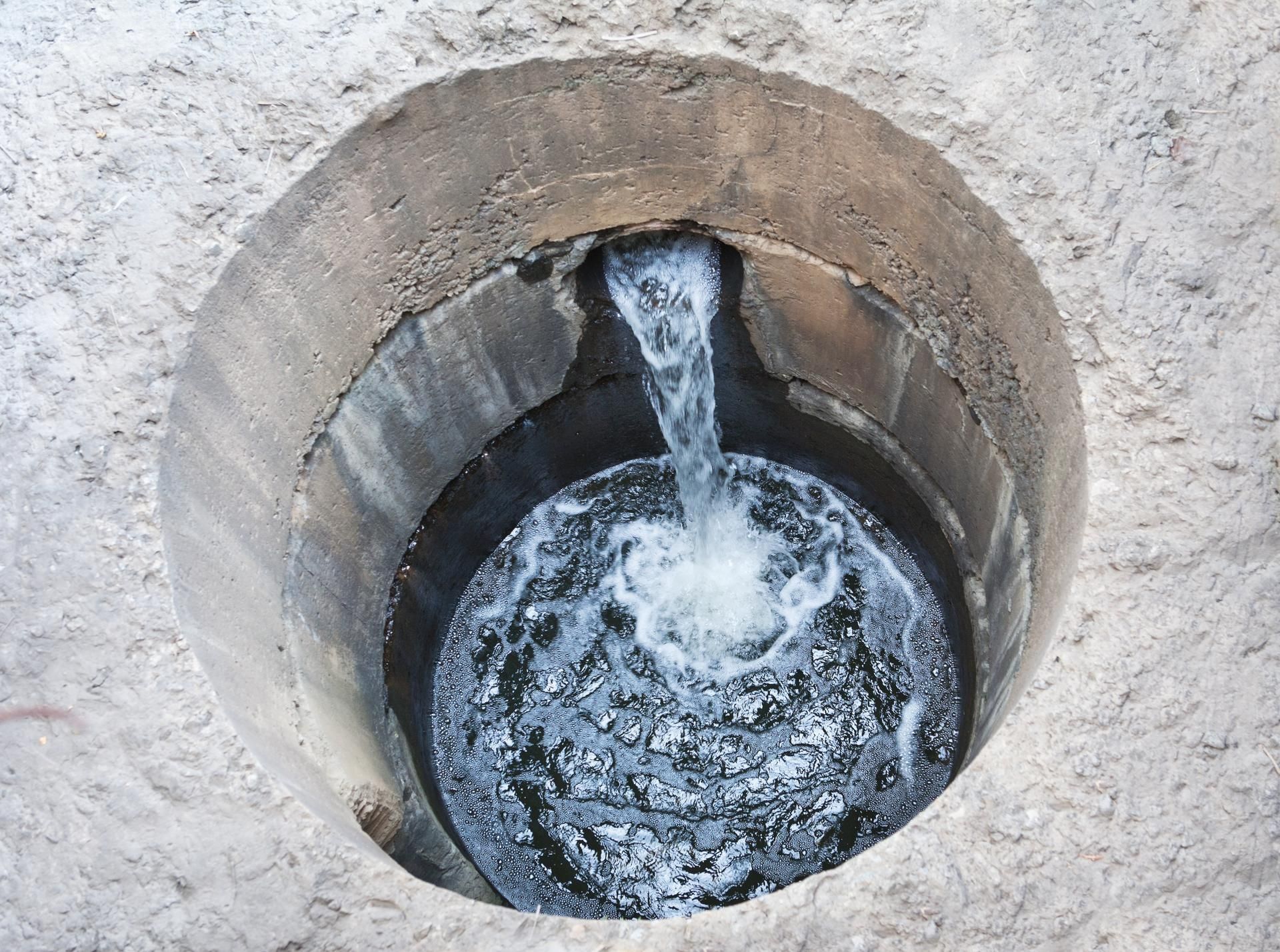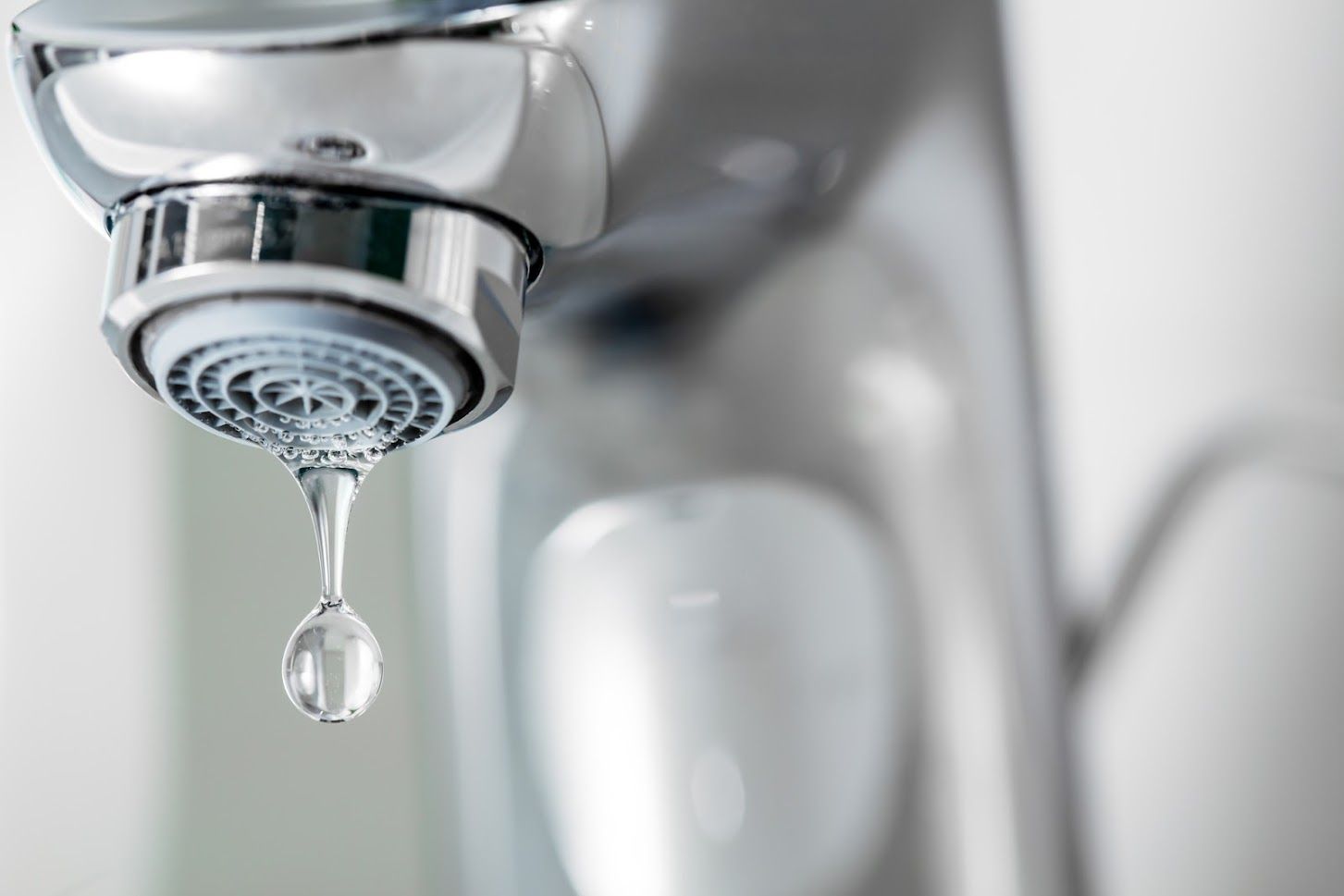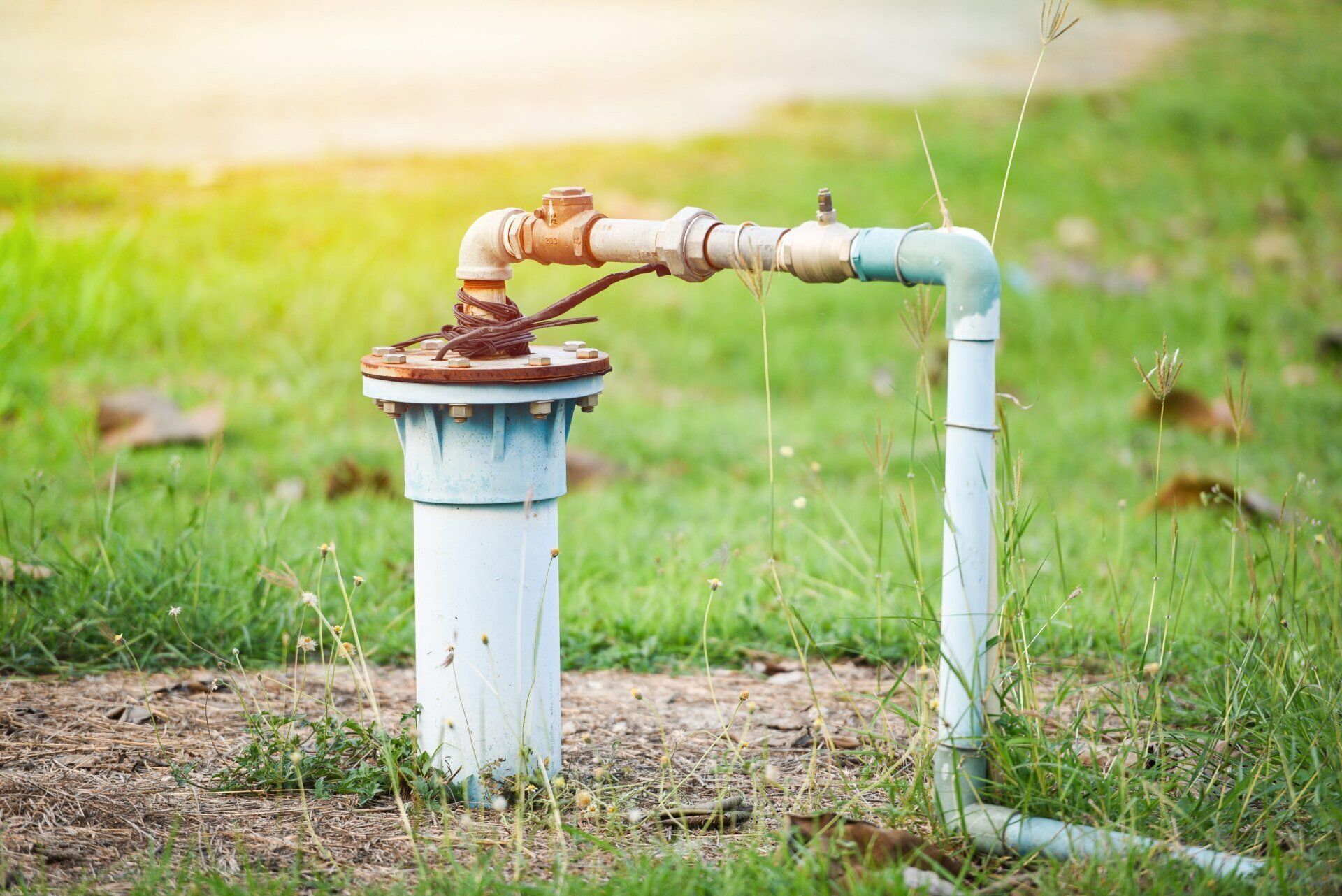What's Causing That Smell From Your Well Water?
Many environmental factors cause your well's water to develop an unpleasant odor. While some of the causes can affect your health, many other issues don't pose a health threat but still make the water unpleasant for drinking or bathing.
Regardless of the cause, treatment options are available for all of the various well water odors. Check this list of the most common odors and their causes to identify and address your water odor issue.
Fish-like Odors
A fishy smell coming off of your well water is usually caused by organic metals like barium and cadmium. These metals leech out from bits of buried ore mixed into the soil. Though the fishy smell might make the water less than palatable, it is not harmful to ingest.
Sometimes chlorine and ammonia can also combine to make chloramine with a similar fish-like odor. Since the chemical is present in such small quantities in the water, it is not usually considered harmful. In fact, chloramine is used often by municipal water treatment plants to sanitize water. The odor from the chloramine is still off-putting even if it's safe, so treatment is suggested.
Musty and Earthy Smells
If you have a musty or earthy smell coming off a glass of freshly poured water, you likely have dissolved minerals like iron, copper, or lead leaching into the water. The smell doesn't actually come from these minerals but rather the bacteria that eat them.
Iron-eating bacteria can not only cause a musty or moldy odor but also leave a slimy residue in your sink, toilet, or tub. The iron in your water is not harmful, but dissolved lead and copper are a different story.
The odor may also come from sulfur created by bacteria in the water. Sulfur is not directly harmful but is often an indicator that sewage or other pollution is entering your drinking water supply, which is definitely bad for your health. Have your water tested any time you detect an earthy odor since most of these causes can make your water unsafe to drink and require treatment.
Rotten Eggs
The noxious odor of rotten eggs is a definite sign of hydrogen sulfide gas. This gas develops in a well due to sulfur-emitting bacteria or chemicals that have leached in reacting to the water. Some sulfur-producing bacteria and chemical reactions are harmless, while others may affect your health after long-term consumption.
Treatments that only remove the sulfur smell will not kill off bacteria. For a healthier and safer drinking water supply, have the well shocked with chlorine to kill bacterial colonies and investigate to rule out any possible sewage contamination.
Fuel Fumes
If you notice any hint of gas, diesel, heating oil or other type of fuel odor from your water, stop using it immediately. These odors indicate a rare leak from an underground tank. You can also have runoff from natural gas wells or other drilling operations in your area.
These contaminants are all very hazardous to your health. The well will need a new lining installed and treatment after the leak is located and stopped. In extreme cases, you may need a new well drilled to tap into a separate and clean underground water table.
Chlorine Scents
The smell of chlorine from a private water supply is caused by the use of an ongoing treatment system or a one-time shocking. The treatment equipment may have been installed by the previous owner and unknown to you until you notice the odor one day.
Organic compounds in the well water may cause the smell to linger and intensify rather than dissipate. This is not usually a problem for short-term consumption, but if it bothers you, have the water tested and any ongoing treatment equipment adjusted properly.
Get help with any kind of well water odor problem by scheduling a visit from our team at Action Well and Pump .
